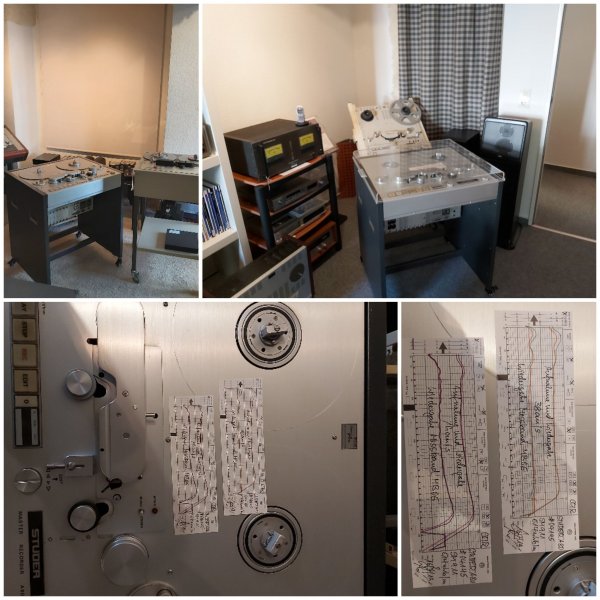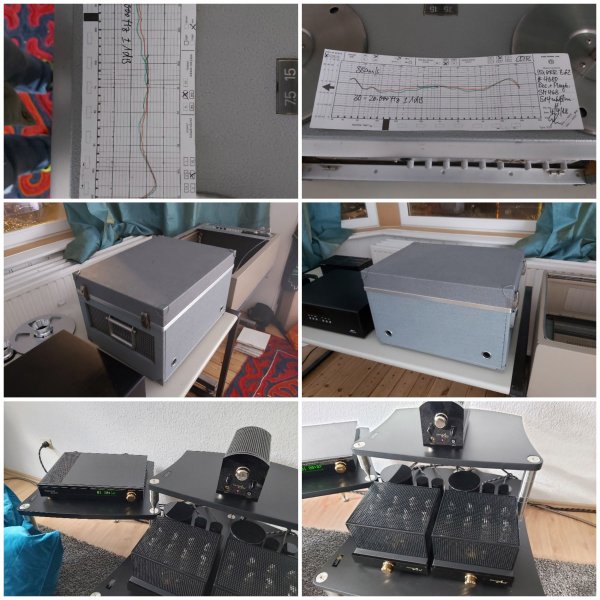Why is this David? I think a gentle slope down is what people prefer. I have heard live performances in small settings, I have often noticed dips and peaks in lower frequency response of the room with piano and cello. Are you saying that a flat response sounds unnatural? Could you expand on your statement?
I don't think we need to discuss the problem of flattening in room response of a system with digital EQ, we know how that works. The process of creating flat measuring room is similar, squash everything with absorption to measure flat, a totally dead space. Ironically many acousticians create these flat measuring spaces based on test tones generated through some system that has it's own flaws, based on speakers and seating position that might be wrong to begin with. When you have a flawed process you'll end up with flawed products! IME & IMO a good sounding room is dependent on different factors than flat measurements.
david








